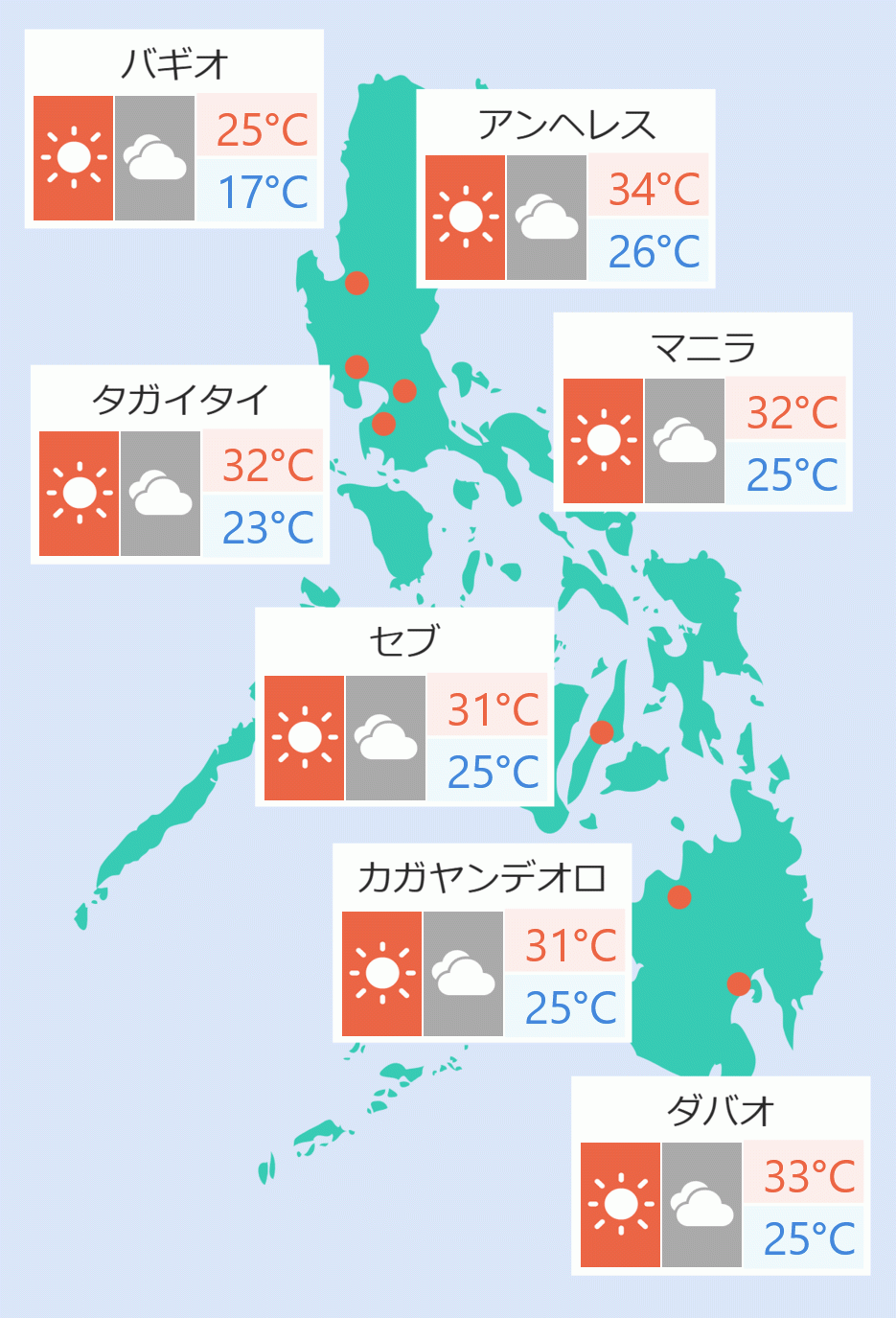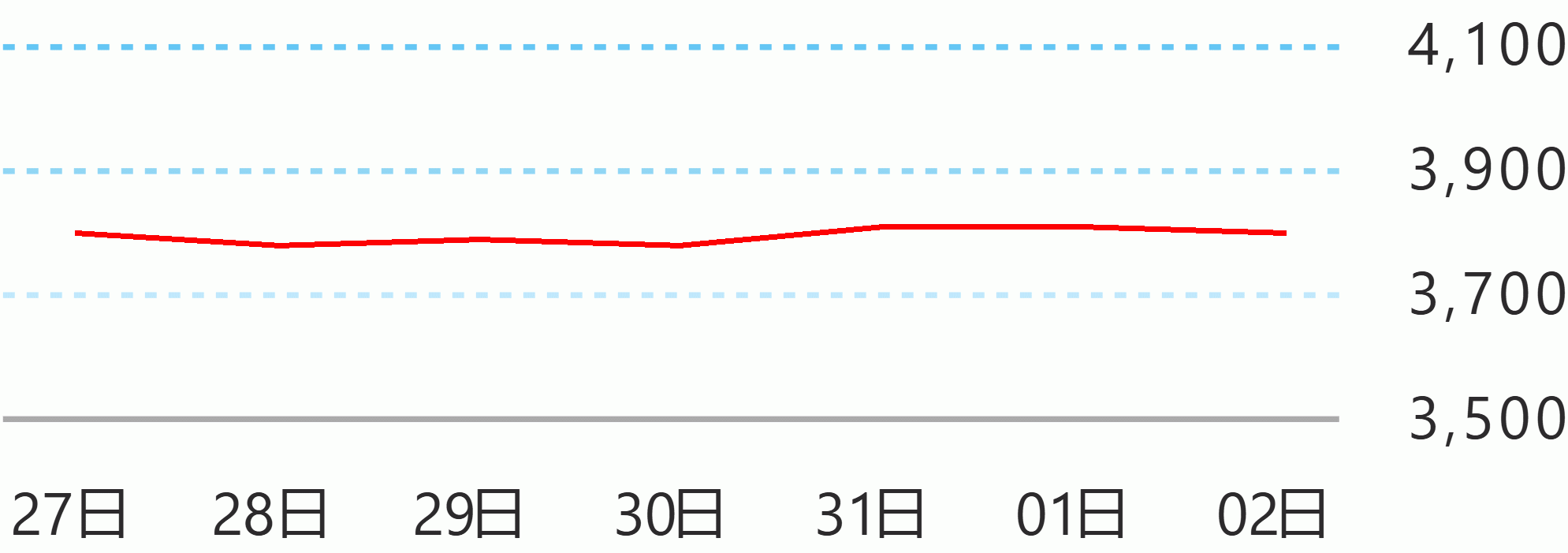President Ferdinand Marcos Jr. on Tuesday ordered the creation of an advisory board with government agencies, international shipowners and other stakeholders to address the concerns on the deployment of Filipino seafarers.
The President issued the directive during a meeting with international maritime employers and various shipowners in Brussels, Belgium.
In his remarks, Marcos assured the European Union’s transport officials that the Philippine government is working hard to address certification issues concerning Filipino seafarers to make them compliant with the Standards of Training, Certification and Watchkeeping (STCW) Convention.
“Our seafarers are of great importance to the Philippines in many, many ways. Although we recognize that in the last many years, the Philippines has done very well in terms of being the leading seafarers around the world, however, with the changing situation after the pandemic, with the changing situation especially when we talk about supply line problems, all of these areas have to be revisited,” Marcos told shipowners and stakeholders during the meeting.
“That comes with the training, changes in the curriculum, all of these things have to be ascertained,” the President pointed out.
Migrant Workers Secretary Susan Ople said the law identifies the establishment of an advisory body to assess training and qualifications.
“Under the law creating the Department of Migrant Workers, we checked and there’s a provision there that the department can actually form or create advisory bodies with the participation of key stakeholders including employers and in this case the international shipowners,” Ople said.
“We can meet on a regular basis with MARINA (Maritime Industry Authority), CHED (Commission on Higher Education) and other relevant institutions,” Ople added.
The move is also part of the Marcos administration’s efforts to comply with the European Maritime Safety Agency (EMSA) standards after the EU flagged the Philippines for deficiencies in local seafarer training and education earlier this year.
About 50,000 Filipino seafarers working in European vessels are reportedly at risk of losing their jobs due to the Philippines’ repeated failure to hurdle the EMSA evaluation in the last 16 years.
Marcos, meanwhile, said one of the key policies of his administration is strengthening the relationship between the public and private sectors.
“Perhaps we can develop that idea further especially when it comes to training. We have always regarded our seafarers,” the chief executive said.
The Philippines, the President said, appreciates the gesture extended by the international organization to meet with the Philippine delegation, not only to introduce its officials but more importantly, to reinforce Manila and the European Union’s strong working relationship.
For years, the Philippines has provided EU member states with seafarers to man their vessels.
A United Nations Conference on Trade and Development (UNCTAD) 2021 study showed the Philippines remains the top provider of seafarers for both officers and ratings, across all departments, aboard merchant cargo vessels.
Last year, Filipino seafarers remitted a total of $6.54 billion from $6.353 billion in 2020, or an increase of three percent, making them a significant contributor to the country’s economy. Office of the Press Secretary





 English
English










